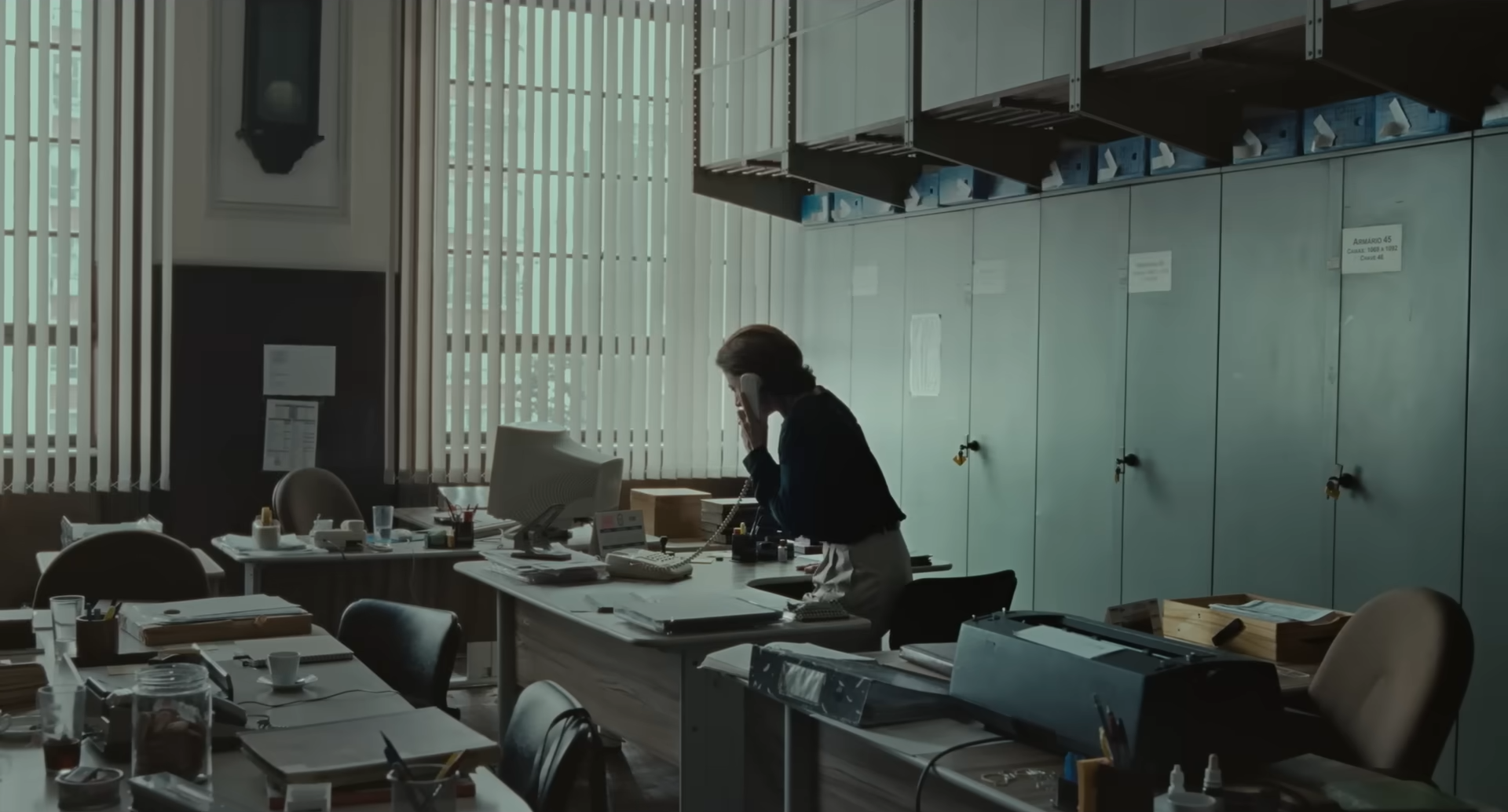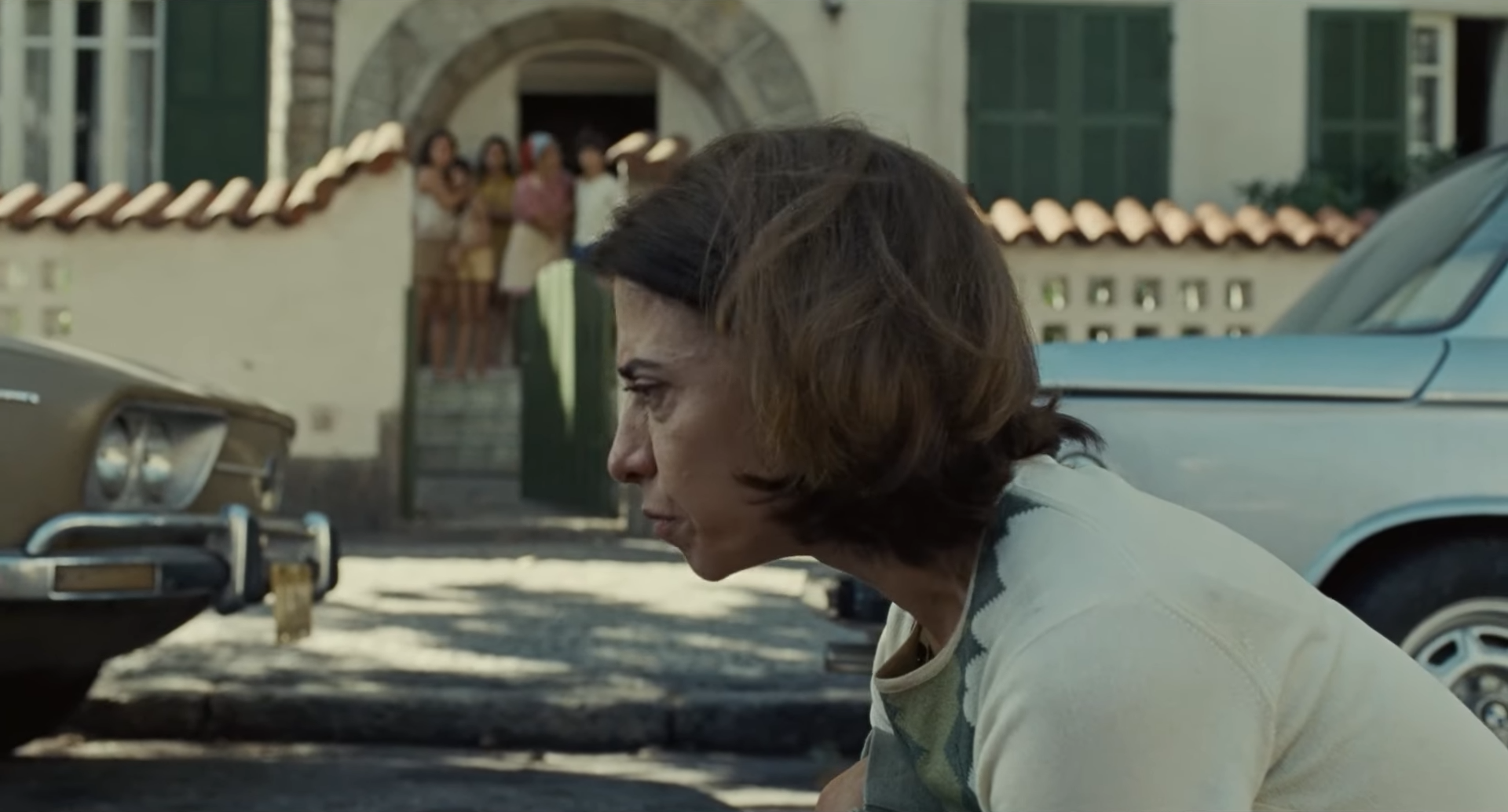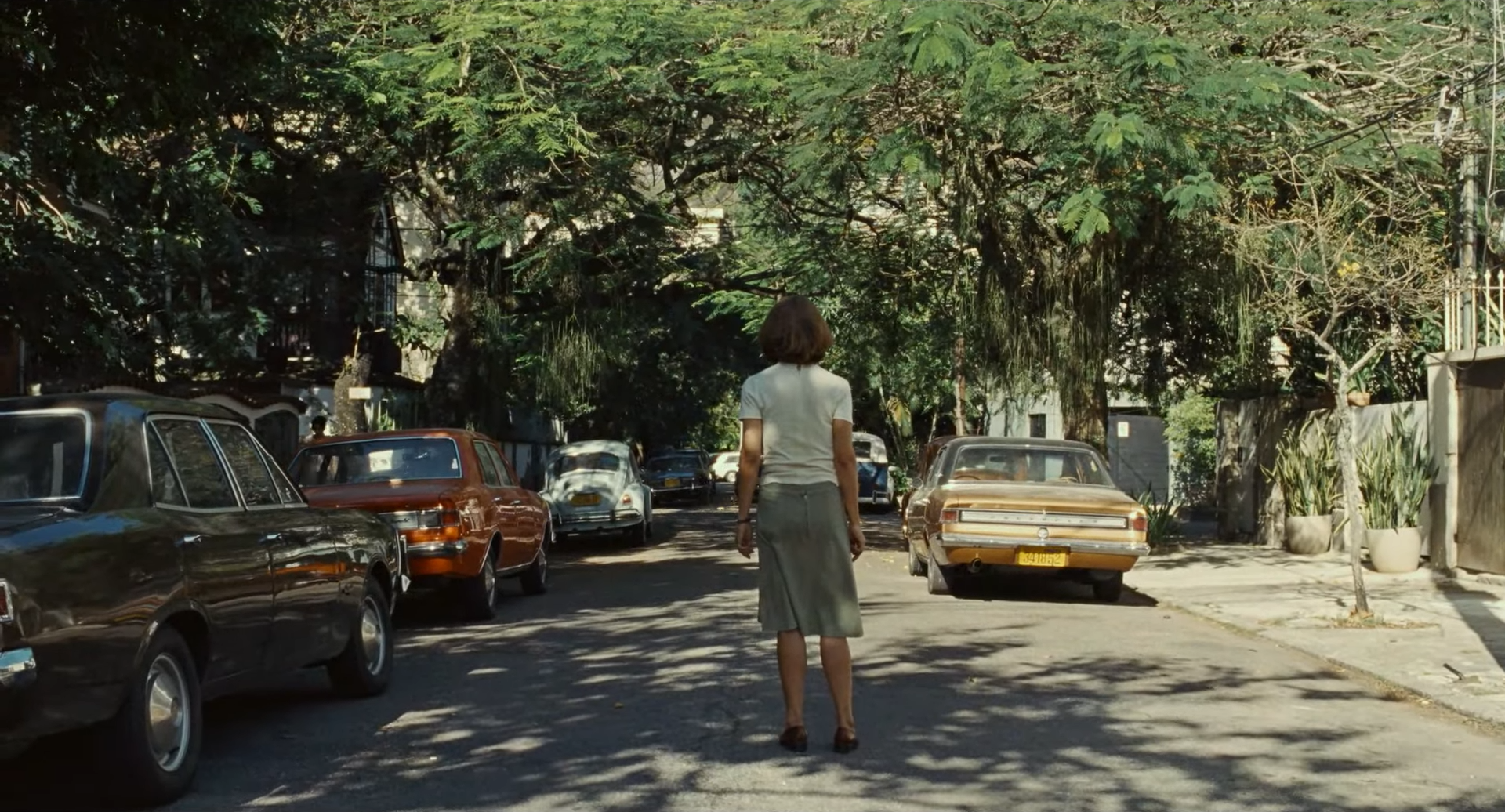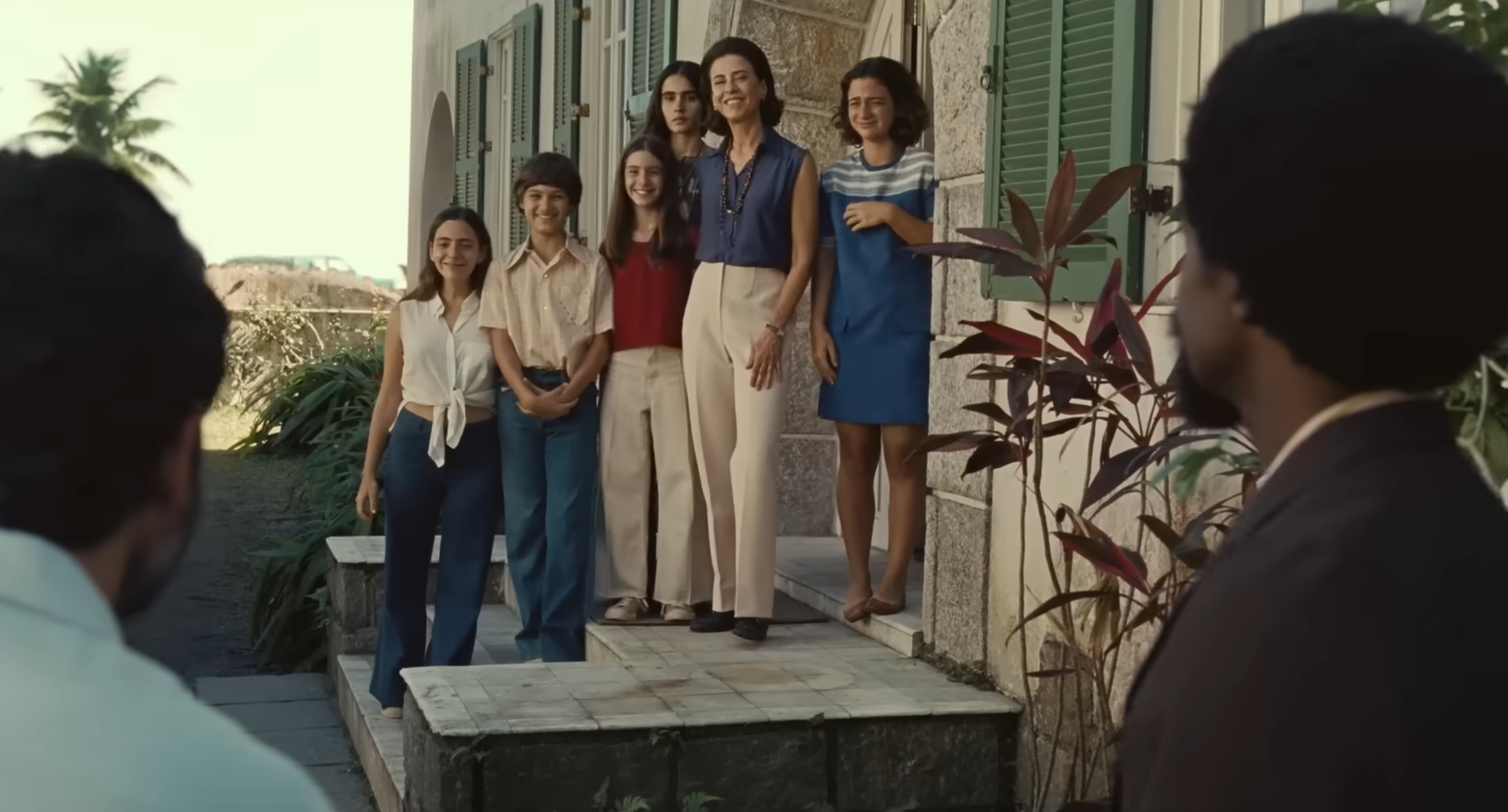Walter Salles | 2hr 15min

The twelve days that Eunice Paiva spends detained by the Brazilian military dictatorship in I’m Still Here are physically and psychologically harrowing, but for this upper-middle class housewife, it is a particularly brutal break from reality. After being taken from her home, she is relentlessly questioned on her husband Rubens’ alleged Communist ties, and forced to identify faces of suspected strangers, acquaintances, and family members. Somewhere else in this prison, Rubens and their daughter Eliana are also incarcerated, though it is near impossible to get updates on their conditions. Instead, this air of chilling ambiguity is filled with sounds of clanging metal doors, echoed footsteps, and tortured screams, hinting at the terror which lies just beyond her immediate perspective.
Still, this jolting shock cannot compare to the existential dread that Eunice feels upon returning home. Eliana is thankfully safe, yet Rubens’ whereabouts remain unknown, adding to the mounting number of forced disappearances in 1970s Brazil. While tyranny reigns with the heavy hand of injustice, a quiet radicalism sparks in the Paiva family, and Walter Salles offers poignant insight into the aftermath of a tragedy riddled with agonising uncertainty.


The government’s assault on Eunice’s family is all the more jarring given their apparent social and economic security, carefully established along with the encroaching danger throughout the film’s first act. Salles takes his time laying the groundwork, delivering a touch of nostalgia through the formal thread of Eliana’s 16mm home video footage, while undermining the illusion of docile state compliance with glimpses of Rubens’ secretive phone calls and unexpected visitors. The military roadblock which pulls his children over one night also points to a growing threat they don’t fully understand yet, searching them for evidence of terrorist activities and feeding into a broader culture of political paranoia. Salles is not terribly efficient with his narrative economy here, meandering through subplots that overstay their welcome, yet the family portrait he creates is tenderly detailed by the time he begins to rip it apart.

Fernanda Torres plays Eunice as a force of resolute willpower through it all, desperately trying to shelter her family from the trauma of losing a father while bearing its brunt herself. Salles dwells on the everyday inconveniences here, seeing Eunice frustratingly blocked from her own bank account due to it being in her husband’s name, yet we are also reminded of an even greater menace when a symbol of innocence warmly established in the film’s very first scene is cruelly eliminated. Balancing all of this against the pressure to protect her children becomes particularly difficult when she receives unofficial confirmation of Rubens’ death, along with a warning to avoid publicly revealing this information – if the state catches onto her awareness of the situation after all, she could get in even deeper trouble.


In recreating what would come to be a defining photograph of the real Paiva family though, Salles captures a moment of hopeful defiance. When a journalist comes by to report their story, his request for them to pose for the camera without smiles is met with playful laughter, ultimately freezing their indomitable spirit in a single moment. Civilians who have given up their humanity are far easier to control by an authoritarian state than those who hold on, and here we see the power in their radical joy.

The two flashforwards which end I’m Still Here drag, particularly when we visit an elderly, non-verbal Eunice, but the resolution that Salles offers her children encapsulates the lingering psychological pain that afflicts those who survive disappeared loved ones. For the youngest, Maria, the point that she accepted her father wasn’t coming home came when they left Rio de Janeiro for good. For Marcelo, it was a year and a half later when Eunice donated all his clothing to charity. Without closure, each travel their own lonely, complicated journeys to healing. At least beneath the beacon of resilience that is their steadfast mother though, I’m Still Here affectionately unites their shared grief, transforming her sorrow into a testament of selfless, compassionate resistance.
I’m Still Here is currently playing in cinemas.

